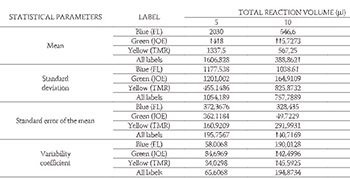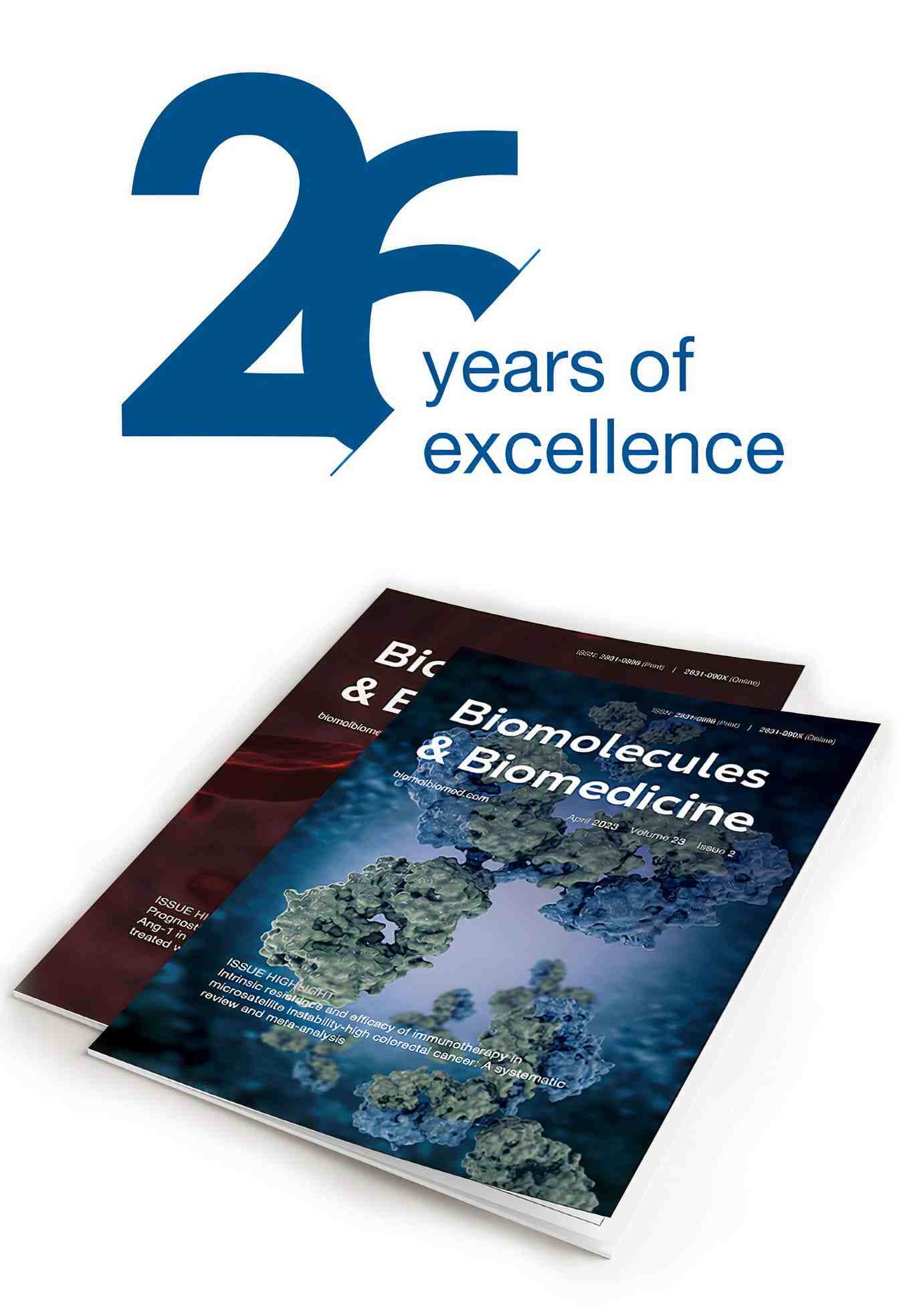Optimisation of Forensic Genetics Procedures Used in Disputed Paternity Testing: Adjustment of the PCR Reaction Volume
DOI:
https://doi.org/10.17305/bjbms.2006.3179Keywords:
forensic genetics, polymerase chain reaction, working volume, DNA profilingAbstract
Standard molecular techniques, with only a slight modification, are very useful in obtaining and interpreting the final results in the field of forensic genetic. Data obtained through such analysis are highly reliable and can be used as a very powerful tool that produces valuable results. However, success and swiftness of DNA typing of biological evidence either that found at a crime scene or used in disputed paternity testing, depends on the optimization of numerous factors. One of the most important and critical phases that ensures reliability of the whole procedure is the choice of the most suitable volume for the amplification protocol. Buccal swabs were collected from volunteers. DNA was extracted by Qiagen Dnaeasy Tissue Kit. PowerPlex 16 kit was used to simultaneously amplify 15 STR loci by PCR. Amplification was carried out as described previously. The tested total working reaction volumes were 5, 10 and 25 microl. The PCR amplification was carried out in PE Gene Amp PCR System Thermal Cycler (ABI, Foster City, CA). Amplification products were analyzed on an ABI PRISM 377 instrument (ABI, Foster City, CA) in 5% bis-acrilamide gel. Amplification was generally successful for all the tested reaction volumes. Lower partial to complete DNA profiles ratio, the quality of obtained STR profiles, significantly reduced amount of reaction's components give advantage to 5 microl reaction volume over other two tested volumes in this case.
Downloads














